Gone are the days when sustainable clothing meant hemp sandals, itchy sweaters, and pricey not-so-soft organic cotton tees. These days, ethical clothing lines are using recycled materials and sustainably sourced fabrics to create pieces that you’ll actually want to wear. Granted you still might pay a few more bucks, but the conscience will be clear. Below are 8 clothing lines that prove you don’t have to sacrifice style in the name of sustainability.
Toad&Co Clothing
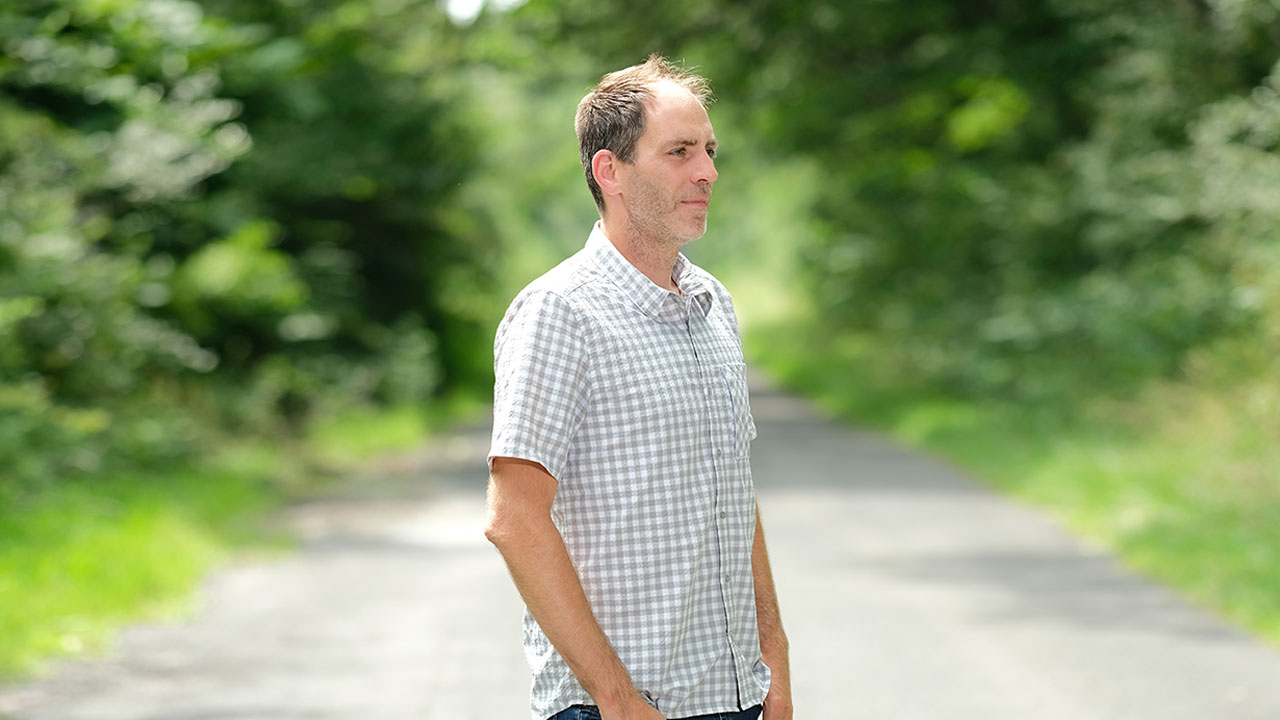
Organic cotton is the ONLY cotton in the eyes of Toad&Co. It all starts with GMO-free seed and follows practices that maintain soil health, conserve water and support biodiversity. 100% of their cotton is certified organic cotton. Toad&Co also offers five other eco-friendly materials in their lineup including recycled polyester and wool. They use recycled and recyclable materials in all of their packaging. Toad also uses hangtags that are 100% recyclable and made from recycled card-stock. The polybags used to protect garments during transit are made from 50% post-consumer recycled materials and are further recyclable. They even redesigned their polybags to move the air hole toward the top, making it a great reusable bag for picking up after your dog.
Shown above is Mark wearing the Toad&Co Pilotlight short sleeve shirt.
Patagonia Clothing and Gear

The big player in the movement. Although Patagonia does not use 100% sustainable materials, mainly due to their diverse range of gear, they are involved in the environment and pull their fair share and more. In an effort to build the best product and cause no unnecessary harm, they carefully consider their use of textiles, treatments and processes, using solar power, watching water runoff and even recycling water inhouse.
Patagonia pledges at least one percent of sales or 10 percent of pre-tax profits—whichever is more—to environmental groups. They give at the grassroots level to innovative groups overlooked or rejected by other corporate donors, and they fund activists who take radical and strategic steps to protect habitat, wilderness and biodiversity.
Patagonia is also part of Worn Wear. Worn Wear keeps your gear in action longer through repair and reuse, and recycles your garments when they’re beyond repair. Lean about Wornwear.
Shown above is the Patagonia R1 Pullover Fleece, made of 93% recycled polyester, the fabric is certified as bluesign approved, and Fair Trade Certified sewn.
Synergy Sustainable Clothing
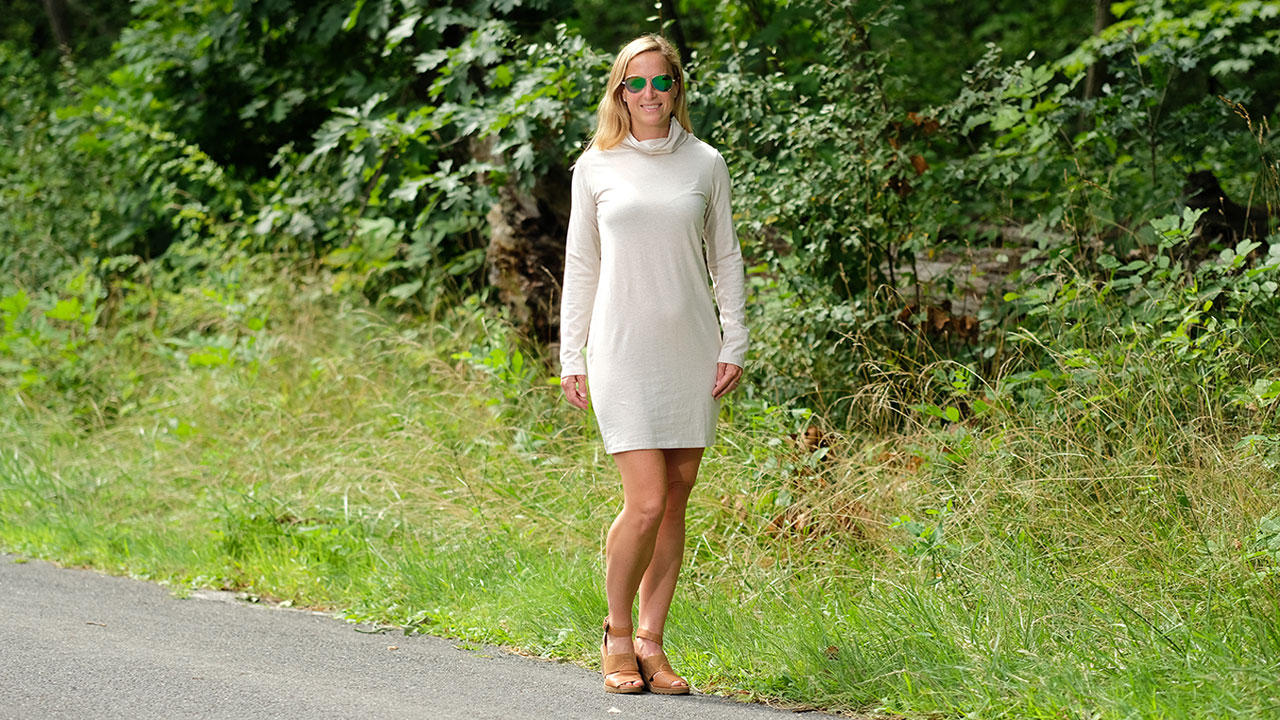
Their clothing begins with GOTS certified organic cotton grown and loomed into fabric in India. Organic cotton is grown using methods and materials that have a lower impact on the environment than conventionally grown cotton such as not using toxic pesticides or synthetic fertilizers and without using genetically engineered seed. All of their fabrics are also made with low impact dyes. These dyes have a high absorption rate, which decreases the use of rinse water and produces less waste.
When you purchase a Synergy Organic Clothing garment, the story doesn’t end there. Your garment was made by someone who was paid a living wage, while being protected from unsafe working conditions and toxic chemicals.
Shown above is Dawn wearing the Flax Collette Dress and with the Sorel After Hours Sandals.
United By Blue
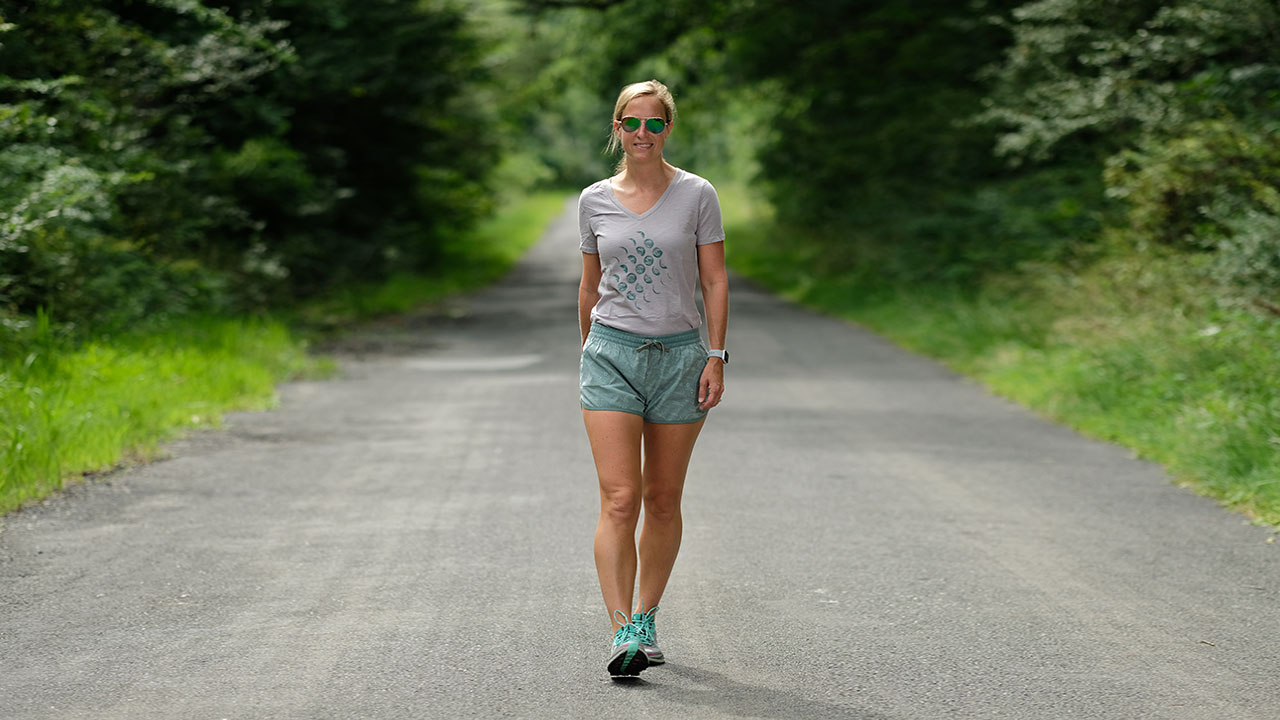
United By Blue believes that products designed for enjoying the outdoors should also be kind to the outdoors. They put a lot of thought into the materials that make up each piece and always opt for textiles such as recycled polyester, organic cotton and polyester, materials that keep our oceans, air and soil a little cleaner.
The amount of plastic waste in our oceans and waterways is mind-boggling: 8 million tons of plastic enter oceans each year. Plastic bottles alone make up 1.5 million tons of plastic waste annually. Plastics and other litter ultimately end up in the world’s gyres, or circulating ocean currents, and can turn into dense vortexes of trash. The most famous marine trash heap, The Great Pacific Garbage Patch, is twice the size of Texas.
For every product sold, United By Blue removes one pound of trash from our world’s oceans and waterways.
Shown above is Dawn in the women’s Breakers Boardshort and the Moon Cycle tee.
ReDEW Jeans
Made mainly using certified 100% Organic Cotton, it saves water, fertilizers, and pesticides, making the land healthier and possible to use for future generations. For the best possible recovery of the fabric, to avoid bagginess during wear, REDEW also incorporates core spun yarns with polyester and lycra. The polyester is from recycled PET-bottles for minimum impact.
REDEW uses an Open Book theory and incorporates EPD, an initiative by ISKO. EPD is a document used to communicate verified, transparent, and comparable information about the life-cycle of products. Being potentially the first Denim Brand on the planet to use it makes them super excited and proud. The EPD shows all the ingredients in the fabric, without any marketing wordings whatsoever. It’s simply the truth, the whole truth and nothing but the truth. REDEW claims their fabrics are among the most sustainable in the World but don’t take thier word for it, please explore the EPD®! You can find the EPD® for reDEW8 Made For Travel fabrics here!
REDEW Jeans are not “pre-worn”. Ever wondered how pre-worn effects on jeans are made? To make a long story short, it takes a lot of chemicals and water. Also, it makes the jeans weaker, of course.
Shown above is their xx
Aventura Clothing
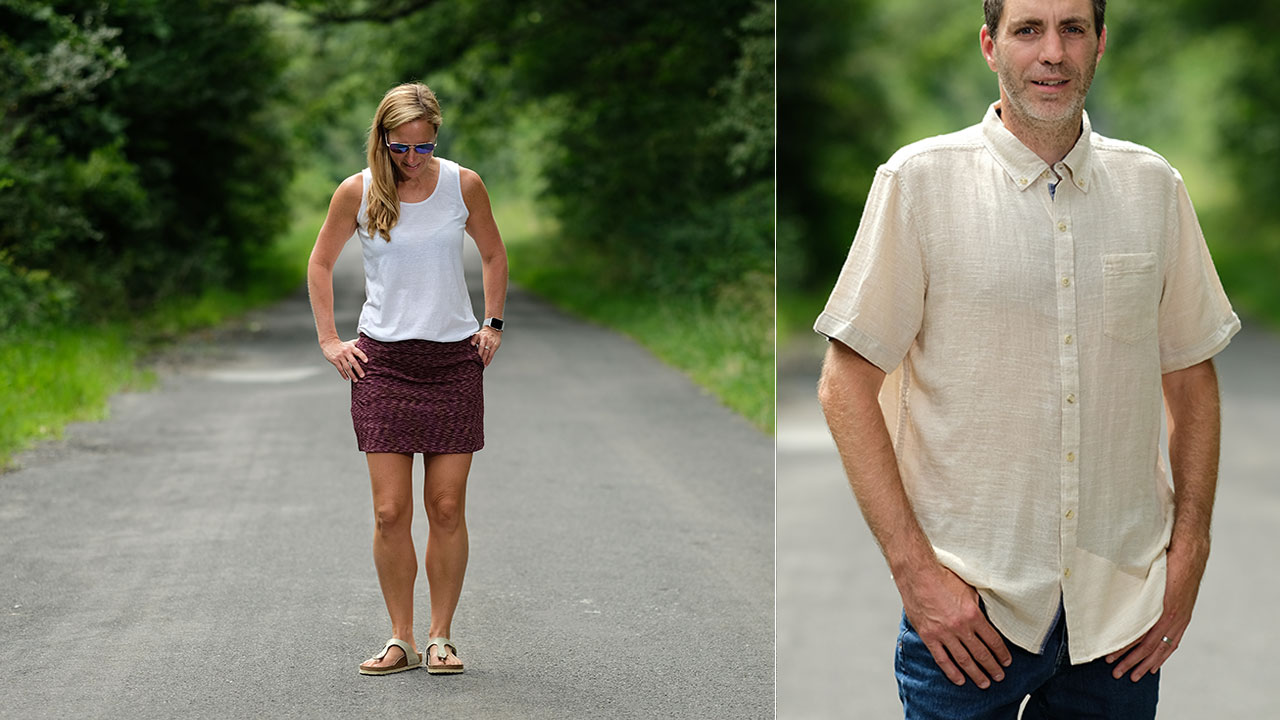
This family-owned brand is migrating to a fully-sustainable lineup, one garment at a time. Today, over 75% of their styles use lower impact or sustainable materials. Incorporating organic cotton, bamboo, and modal into their business was the first step in their journey of sustainability. With the use of organically farmed cotton, they support avoiding the use of chemical pesticides, synthetic fertilizers and genetic engineering. Aventura is able to track their organic cotton from the farm to their factories to ensure they are always working to reduce their eco-footprint. Bamboo grows incredibly fast, up to a foot per day and doesn’t require the use of pesticides, herbicides, chemical fertilizers or a lot of water. Rayon from bamboo is strong, naturally wrinkle-resistant and machine washable. Modal is a bio-based fabric made from the wood pulp of beech trees.
Aventura is also a partner of Uncommon Threads, an organization providing clothing for domestic violence survivors, who donate clothing quarterly to for women in need, helping them feel empowered.
Shown above is Dawn in Aventura’s Kineta Skort and Dharma Tank and Mark in Ecoths (sister company for men) Keystone Shirt.
Fig Clothing
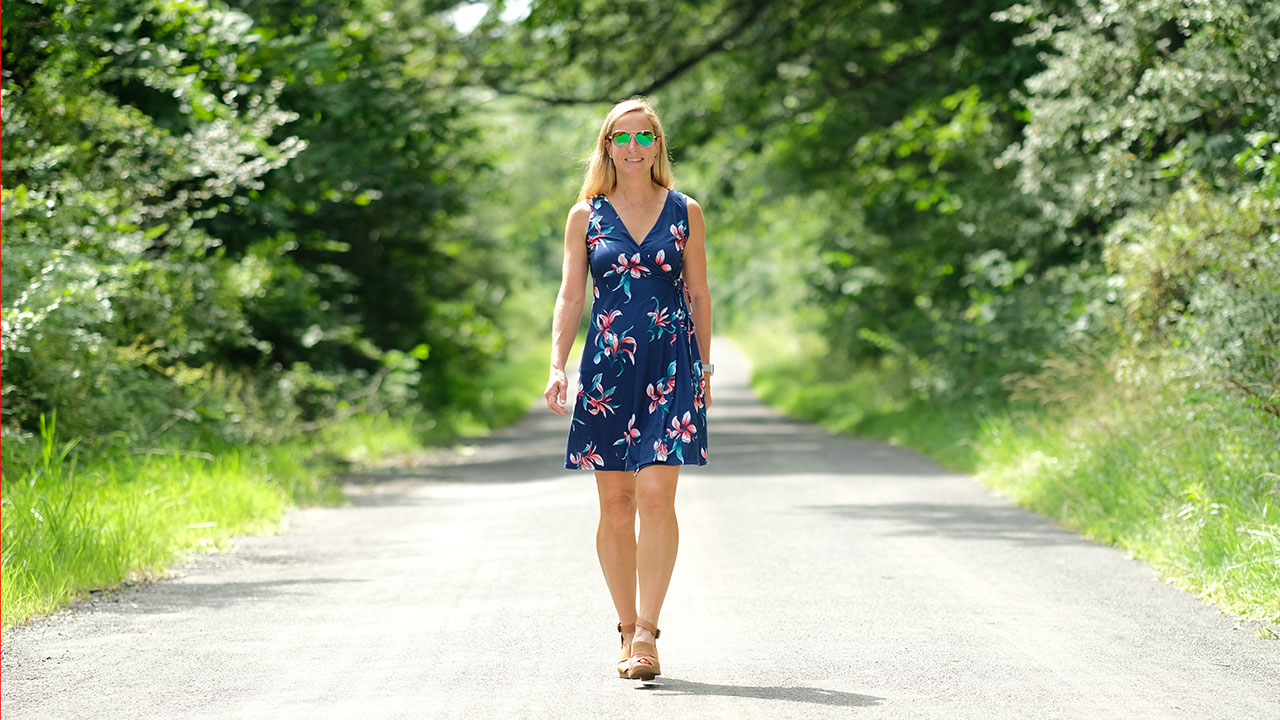
Preserving the environment is a fundamental value. Fig’s commitment drives them to choose eco-friendly fibers and small impact production processes when possible. Furthermore, they believe that the problems created by fast-fashion affect us all on a human, social and environmental level. As a brand, they choose to put quality and sustainability first. Timeless and versatile, their clothes are built to last and be worn for a long time. In addition, they work with social integration organizations, collaborate with fashion students and recycle/redistribute the majority of their remaining fabrics after each production. These initiatives allow Fig to support the social fabric in their community and be socially responsible.
FIG is also proud to support Canadian manufacturing. The majority of their clothes are made in Canada, more specifically in Quebec and Ontario, and their goal is to build close relationships with their manufacturers and suppliers, both locally and internationally – genuine and sustainable partnerships based on mutual respect and integrity.
Shown above is Dawn in the Don Dress with the Sorel After Hours Sandals.
Oliberte Shoes
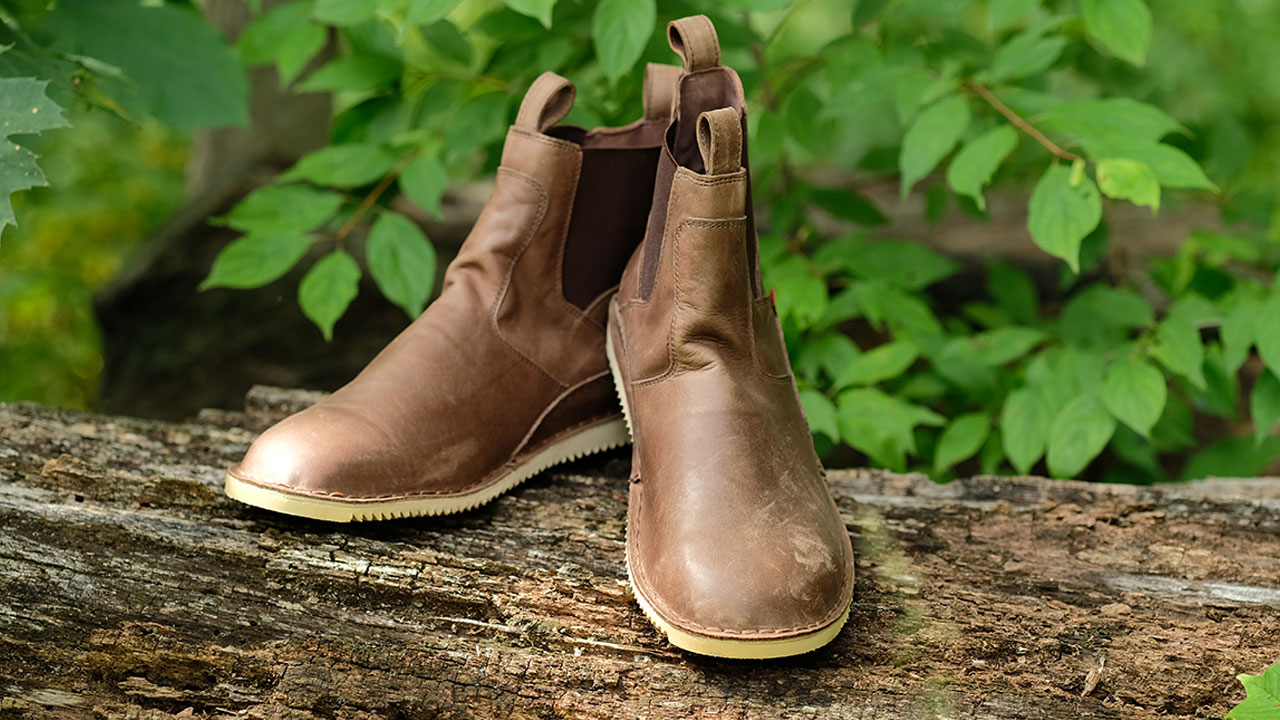
Oliberté is a sustainable footwear brand supporting workers’ rights in sub-Saharan Africa. This means making premium quality products with a lifetime warranty, and it means treating every employee, everywhere in the world, with respect. In 2009, they started off as a small footwear company partnering with factories and suppliers in Africa. Since then, they gained enough momentum to launch their own factory in 2012. They make every single pair of Oliberté shoes at this factory in Addis Ababa, Ethiopia. In September 2013, Oliberté also became the world’s first Fair Trade Certified footwear manufacturing factory. They try and source all materials, packaging and machines within the continent and their main tannery has the world’s only chrome-recycling system.
Shown above is their Mudiko Leather Boot for men.